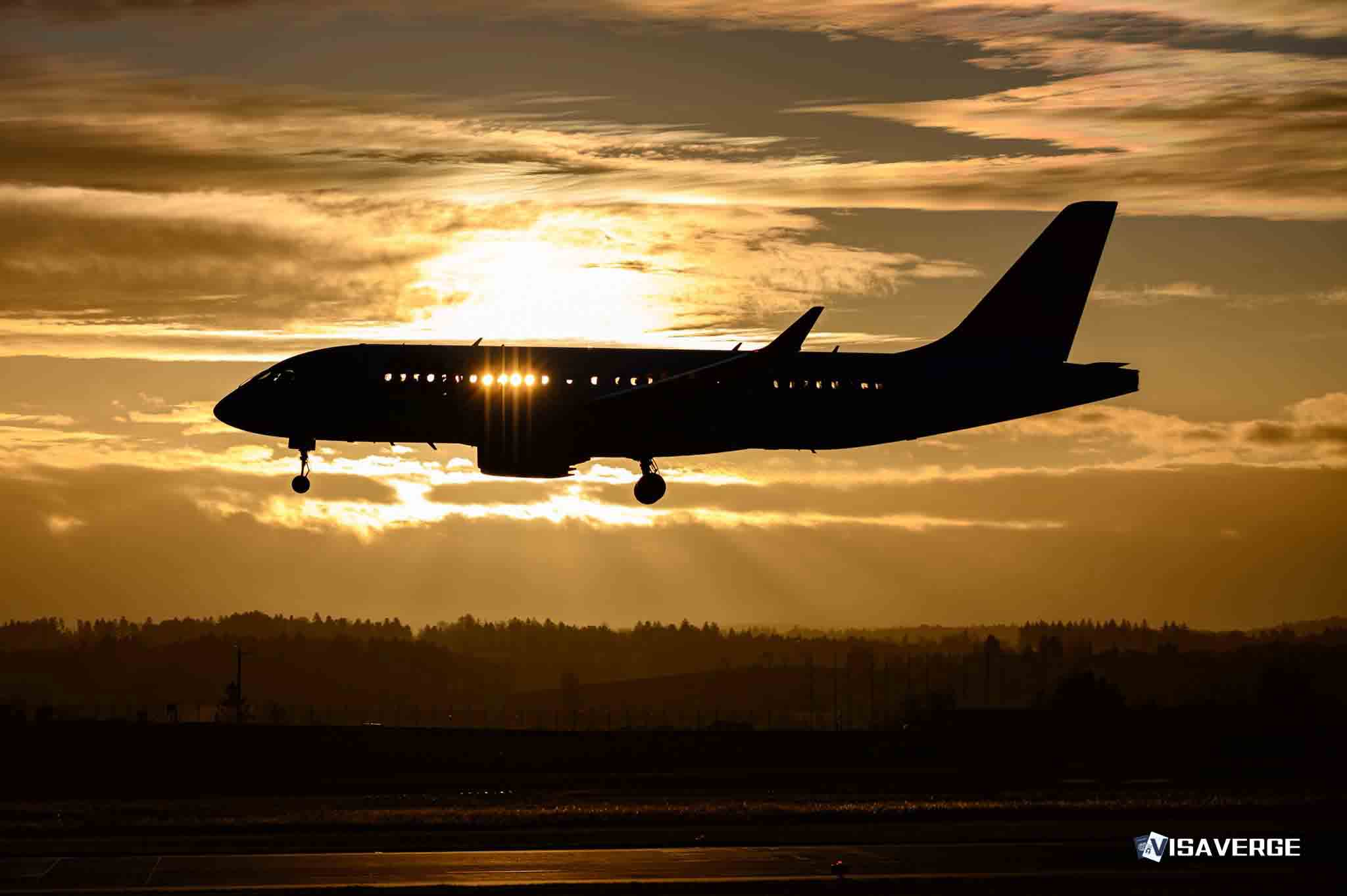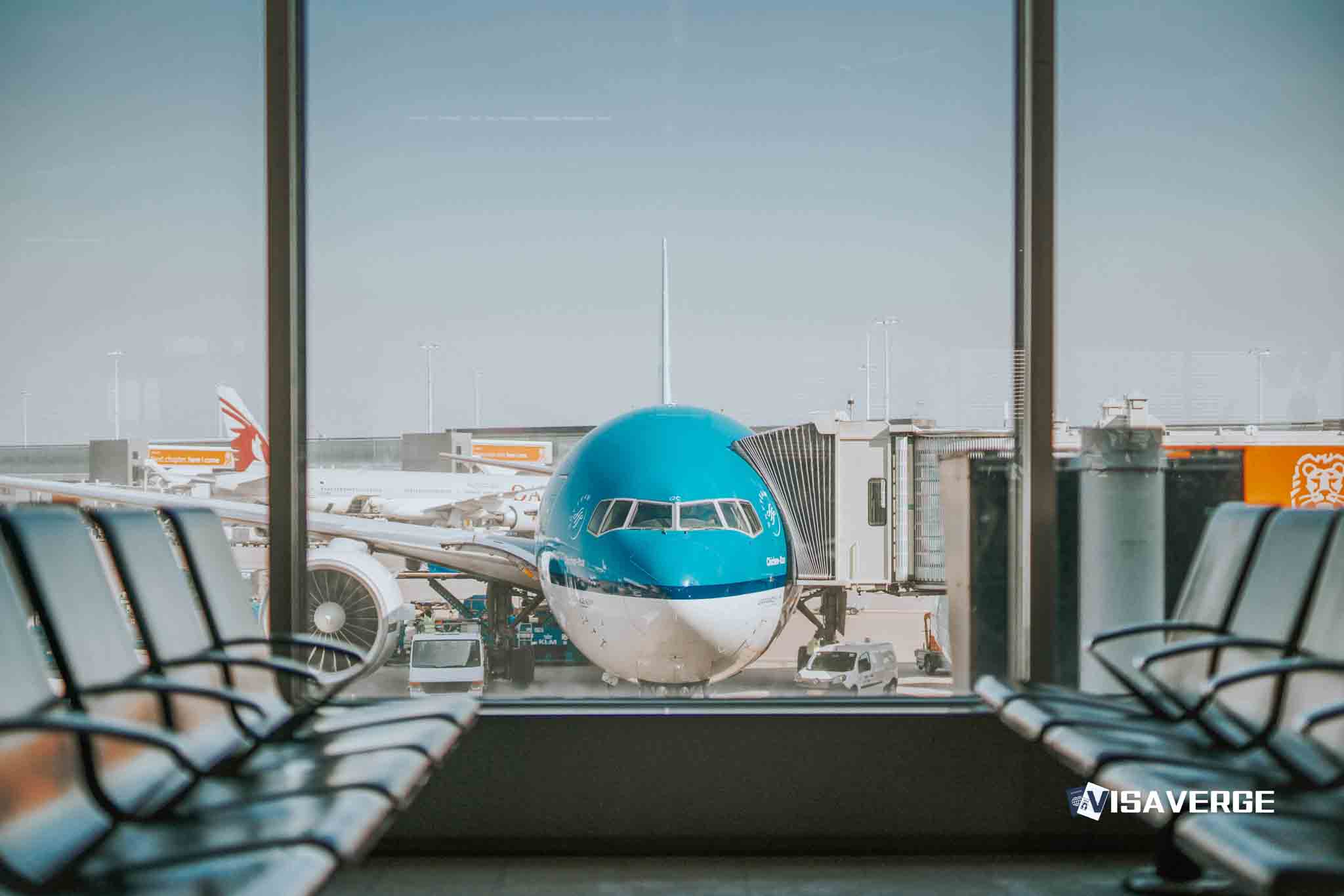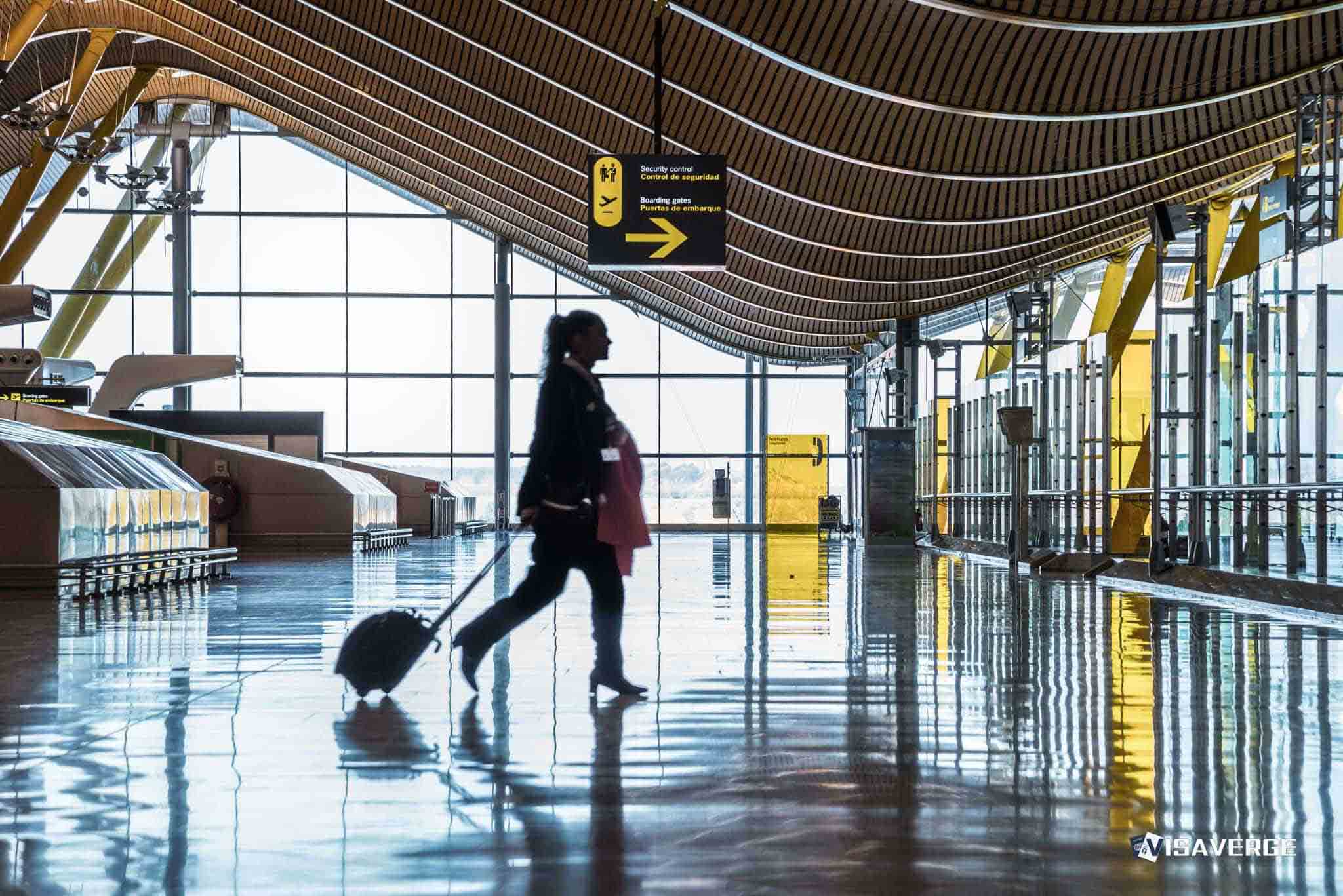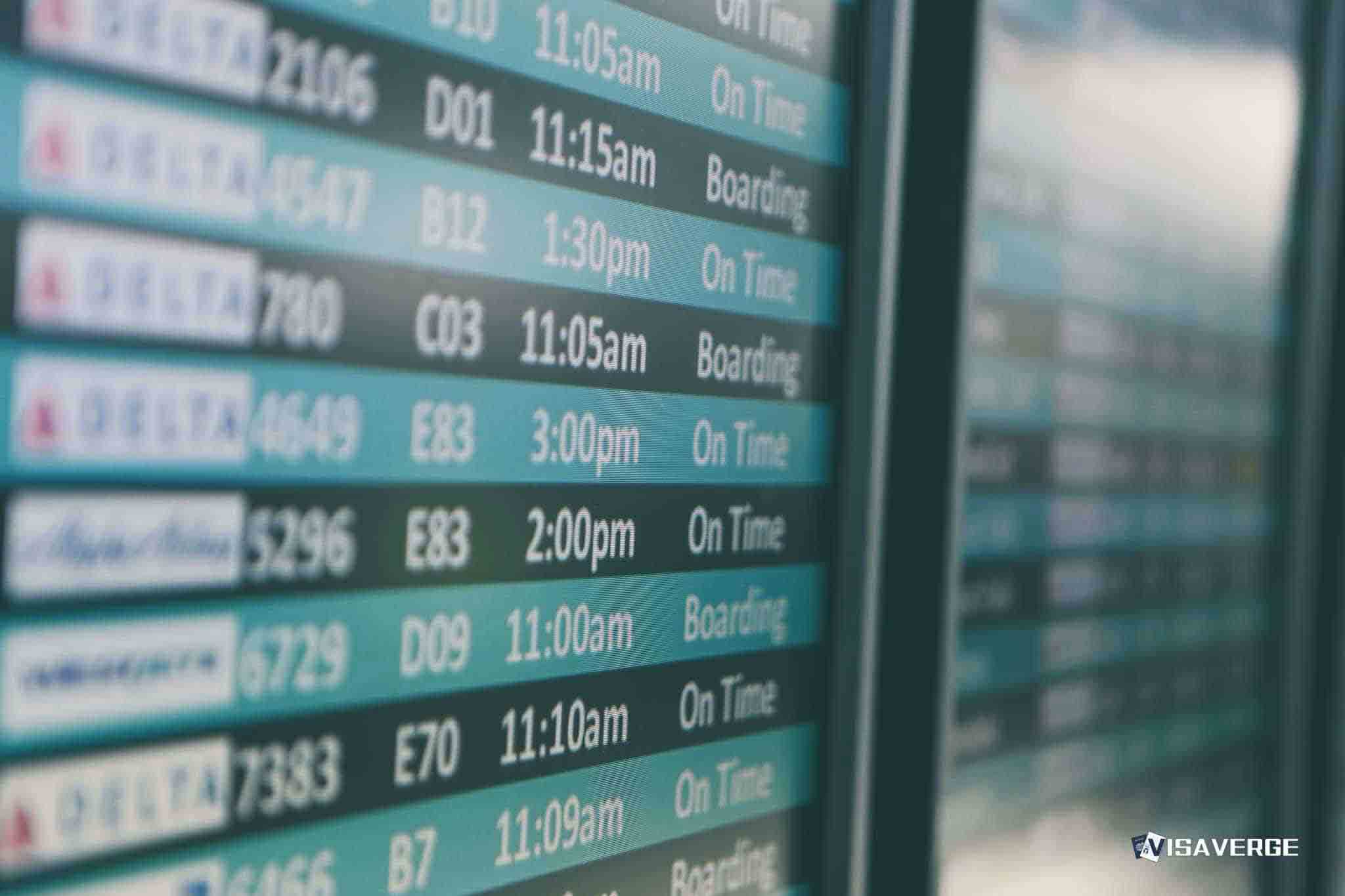Key Takeaways
• Ghana acquired new aircraft in 2025 to relaunch its national airline with global partnerships.
• Africa World Airlines launched direct Accra-Ouagadougou flights thrice weekly starting July 2025.
• Ghana updated aviation laws via the 2024 Civil Aviation Bill for stronger sector regulation.
Ghana’s Aviation Transformation in 2025: Inspired by Captain Ibrahim Traore’s Vision
Ghana 🇬🇭 has taken a major step forward in 2025 by acquiring a new fleet of aircraft and preparing to relaunch its national airline. This move is not just about adding planes—it’s about reshaping the country’s aviation sector, boosting the economy, and connecting more people across Africa. The driving force behind this change is the vision of Captain Ibrahim Traore, whose ideas about economic independence and African unity have inspired Ghana’s leaders to act.

Let’s break down what’s happening, why it matters, and what it means for travelers, workers, and the future of aviation in Ghana.
A New Era for Ghana’s Aviation: What’s Happening in 2025
In 2025, Ghana 🇬🇭 officially acquired a new fleet of aircraft, marking a turning point in its aviation history. This decision comes after years without a national airline and several failed attempts to bring one back. The government, led by President John Dramani Mahama, is now focused on building a strong, sustainable airline that can compete internationally and serve the needs of Ghanaians and the wider region.
Key Developments:
- Fleet Acquisition: Ghana has added new planes to its aviation sector in 2025. While the exact number and types of planes have not been made public, earlier plans mentioned up to five ATR72-600 aircraft for the national carrier. Africa World Airlines (AWA) has also expanded its fleet, using Embraer ERJ 145 jets for new regional routes.
- Flag Carrier Relaunch: After almost 20 years without a national airline, Ghana is getting ready to reintroduce its flag carrier. The government is inviting global aviation companies to form partnerships, aiming for financial strength, operational know-how, and compliance with international standards.
- Direct Regional Connectivity: On July 1, 2025, Africa World Airlines launched a direct route between Accra and Ouagadougou, the capital of Burkina Faso 🇧🇫. This route operates three times a week and is seen as a practical step toward breaking down barriers in African air travel.
The Vision Behind the Change: Captain Ibrahim Traore’s Influence
Captain Ibrahim Traore, the transitional leader of Burkina Faso 🇧🇫, has played a key role in inspiring Ghana’s new aviation strategy. He has called for African countries to take control of their skies, build stronger connections between nations, and work toward economic independence. His leadership has encouraged Ghana 🇬🇭 and other countries to focus on regional integration and self-reliance.
President John Dramani Mahama has openly credited Captain Ibrahim Traore’s vision in his 2025 State of the Nation address. Mahama stressed the importance of choosing the right partners for the new airline and highlighted how aviation can drive national development, tourism, and industry.
Policy Changes and New Laws: Building a Strong Foundation
To support these big changes, Ghana 🇬🇭 has updated its aviation laws and policies:
- Ghana Civil Aviation Bill 2024: Parliament passed this bill to modernize and combine the country’s aviation laws. The new law gives a clear framework for running the aviation sector, supporting the new fleet, and relaunching the national carrier.
- Transparent Partnership Model: The government is inviting global aviation companies to join as partners. The focus is on financial stability, strong operations, and following international rules. This approach aims to avoid past mistakes and build a lasting airline.
The Ghana Civil Aviation Authority (GCAA) is central to this process. In 2024, the GCAA revoked Ashanti Airlines’ certification due to compliance problems. This event pushed the government to rethink its strategy and focus on stronger rules and better oversight in 2025.
How the New Aviation Plan Works: Step-by-Step
The relaunch of Ghana’s flag carrier is a careful, multi-step process:
- Expression of Interest: The government invites aviation companies from around the world to show their interest in partnering.
- Evaluation: Officials check the financial and operational strength of each potential partner.
- Joint Venture Formation: The government and private companies form a partnership, with clear roles for each side.
- Regulatory Compliance: The new airline must meet all rules set by the GCAA and follow international aviation standards.
- Fleet Acquisition and Launch: Planes are acquired, and the airline starts operations, with routes added in phases.
This process is designed to make sure the new airline is strong, safe, and able to compete with others in the region.
Direct Regional Flights: Connecting Ghana and Burkina Faso
One of the most exciting changes in 2025 is the launch of direct flights between Accra and Ouagadougou. Africa World Airlines now operates this route three times a week using modern Embraer ERJ 145 jets. This new connection is important for several reasons:
- Easier Travel: People can now fly directly between Ghana 🇬🇭 and Burkina Faso 🇧🇫 without long layovers or complicated routes.
- Lower Costs: More direct flights often mean lower ticket prices, making air travel more affordable for everyone.
- Stronger Ties: The route helps build closer economic and social links between the two countries, supporting trade, tourism, and family connections.
As reported by VisaVerge.com, this move is seen as a real-world example of Captain Ibrahim Traore’s vision for a more connected Africa.
Why This Matters: Implications for Stakeholders
For Travelers:
- More Choices: The new planes and routes mean travelers have more options for getting around West Africa and beyond.
- Better Reliability: Modern aircraft and improved operations should lead to fewer delays and cancellations.
- Lower Fares: Increased competition and direct routes are expected to bring down ticket prices.
- Easier Access for the Diaspora: Ghanaians living abroad will find it easier to visit home and stay connected with family.
For the Aviation Sector:
- Training and Jobs: The new plan includes setting up an aviation training hub in Ghana 🇬🇭, especially at Ho Airport. This will help train more pilots, engineers, and air traffic controllers, filling a skills gap in the region.
- Industry Growth: The aviation sector is expected to create more jobs, attract investment, and support related industries like tourism and manufacturing.
- Green Innovations: The Ghana Air Force Aviation College (GHFAC) is leading efforts to make aviation more environmentally friendly, with new technologies to cut emissions and promote sustainability.
For the Economy:
- Boost to Trade: Better air links make it easier to move goods and people, supporting business and trade across Africa.
- Tourism Growth: More flights and better service will attract tourists, bringing in foreign currency and supporting local businesses.
- Foreign Investment: A strong, reliable airline makes Ghana 🇬🇭 more attractive to investors looking for stable transport links.
Expert Views: Opportunities and Challenges
Aviation experts see Ghana’s 2025 aviation push as a bold move toward African self-reliance and regional unity. They point out that Captain Ibrahim Traore’s ideas have helped shape a new path for the country. However, they also warn that success will depend on:
- Continued Investment: The government and its partners must keep investing in planes, training, and technology.
- Strong Regulation: The GCAA must enforce rules to keep passengers safe and maintain high standards.
- Effective Partnerships: The right partners are needed to bring in expertise and financial backing.
Environmental Focus: Green Aviation in Ghana
In June 2025, the Ghana Air Force Aviation College showcased new green aviation technologies. These efforts aim to reduce pollution from planes and make flying more climate-friendly. This is part of a global trend, as countries and airlines work to meet climate goals and protect the environment.
Learning from the Past: Why This Time Is Different
Ghana 🇬🇭 has tried before to relaunch its national airline, but past efforts failed due to:
- Weak Financial Support: Previous airlines did not have enough money to survive tough times.
- Regulatory Problems: Some airlines lost their licenses because they did not follow the rules.
- Poor Coordination: Different groups did not work well together, leading to confusion and delays.
This time, the government is taking a new approach by:
- Passing Stronger Laws: The Ghana Civil Aviation Bill 2024 gives clear rules for running the sector.
- Choosing Partners Carefully: Only companies with proven experience and financial strength are being considered.
- Focusing on Regional Integration: The new airline is designed to serve not just Ghana 🇬🇭, but the whole region.
What’s Next? The Road Ahead for Ghana’s Aviation
Upcoming Announcements:
- The government is expected to name the chosen partner for the new flag carrier by the end of 2025.
- The airline is likely to start flying in early 2026, with more routes added over time.
Regional Integration:
- The success of the Accra–Ouagadougou route could lead to more direct flights between African cities, making it easier for people and goods to move across the continent.
- This supports the dream of a single African aviation market, where borders are less of a barrier.
Sustainability Initiatives:
- Ghana 🇬🇭 will keep investing in green aviation, training, and new technologies to stay in line with global trends and climate promises.
How to Stay Informed and Get Involved
If you want to learn more or get involved in Ghana’s aviation sector, here are some useful contacts and resources:
- Ghana Civil Aviation Authority: For updates on rules, licenses, and safety standards. Visit the GCAA official website for more information.
- Ministry of Transport, Ghana: For news on policies and partnership opportunities.
- Africa World Airlines: For flight schedules and details about the new Accra–Ouagadougou route.
- Ghana Air Force Aviation College: For information on training programs and green aviation projects.
Conclusion: A New Chapter for Ghana’s Skies
Ghana’s 2025 aviation transformation is more than just a business move—it’s a statement about the country’s future. Inspired by Captain Ibrahim Traore’s vision, Ghana 🇬🇭 is working to build a stronger, more connected, and more sustainable aviation sector. The new planes, direct regional routes, and focus on training and green technology are set to benefit travelers, workers, and the entire economy.
As the country prepares to relaunch its flag carrier and expand its reach, the lessons of the past are guiding a smarter, more careful approach. With strong laws, careful partnerships, and a clear vision, Ghana 🇬🇭 is ready to take its place as a leader in African aviation.
For anyone interested in the future of travel, business, or investment in West Africa, these changes signal exciting opportunities ahead. The skies over Ghana 🇬🇭 are opening up, and the journey is just beginning.
Learn Today
ATR72-600 → A twin-engine turboprop regional airliner used for short-haul flights, planned for Ghana’s national fleet.
Africa World Airlines → A regional Ghanaian airline operating new direct routes, including Accra to Ouagadougou.
Ghana Civil Aviation Bill 2024 → New legislation modernizing Ghana’s aviation laws to enhance regulation and support a national carrier.
Flag Carrier → A national airline representing a country in international aviation, currently being relaunched by Ghana.
Embraer ERJ 145 → A regional jet aircraft used by Africa World Airlines on direct Accra-Ouagadougou flights.
This Article in a Nutshell
In 2025, Ghana’s aviation sector transforms with new aircraft, direct African flights, and updated laws, inspired by Captain Traore’s vision for unity and independence, aiming for economic growth, industry jobs, and green aviation, positioning Ghana as a regional aviation leader with sustainable partnerships and modern operations.
— By VisaVerge.com













